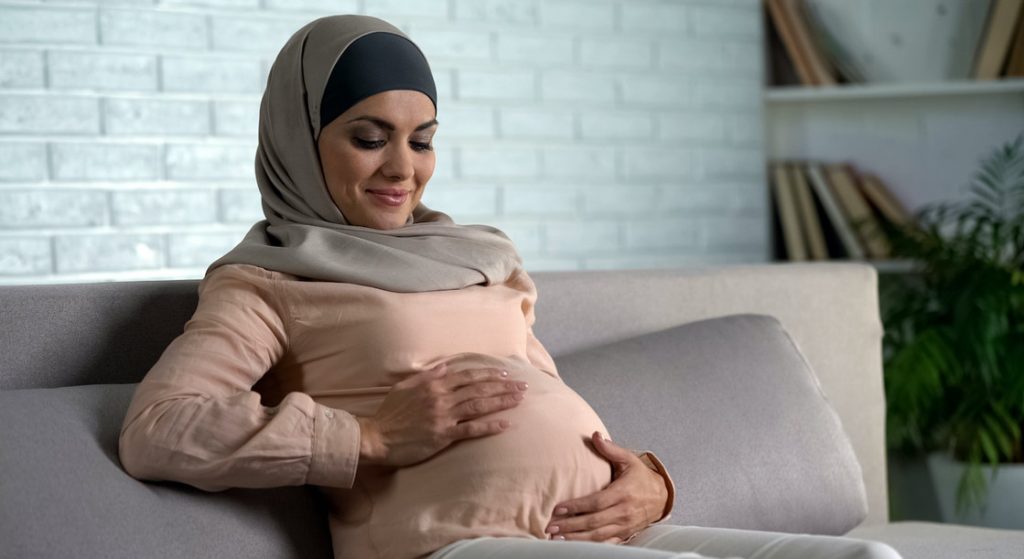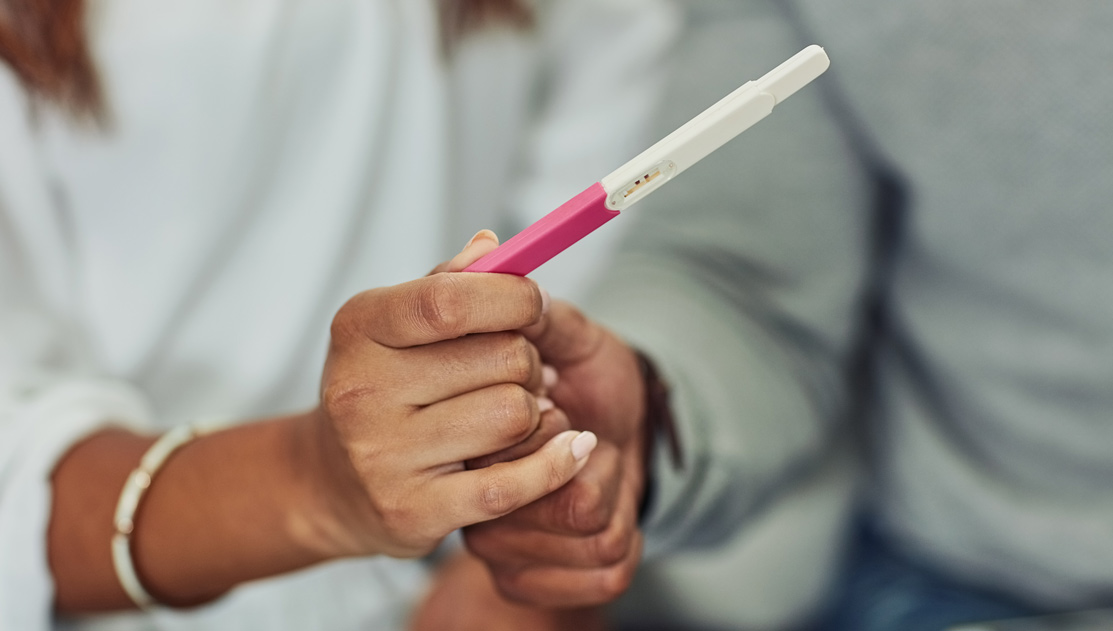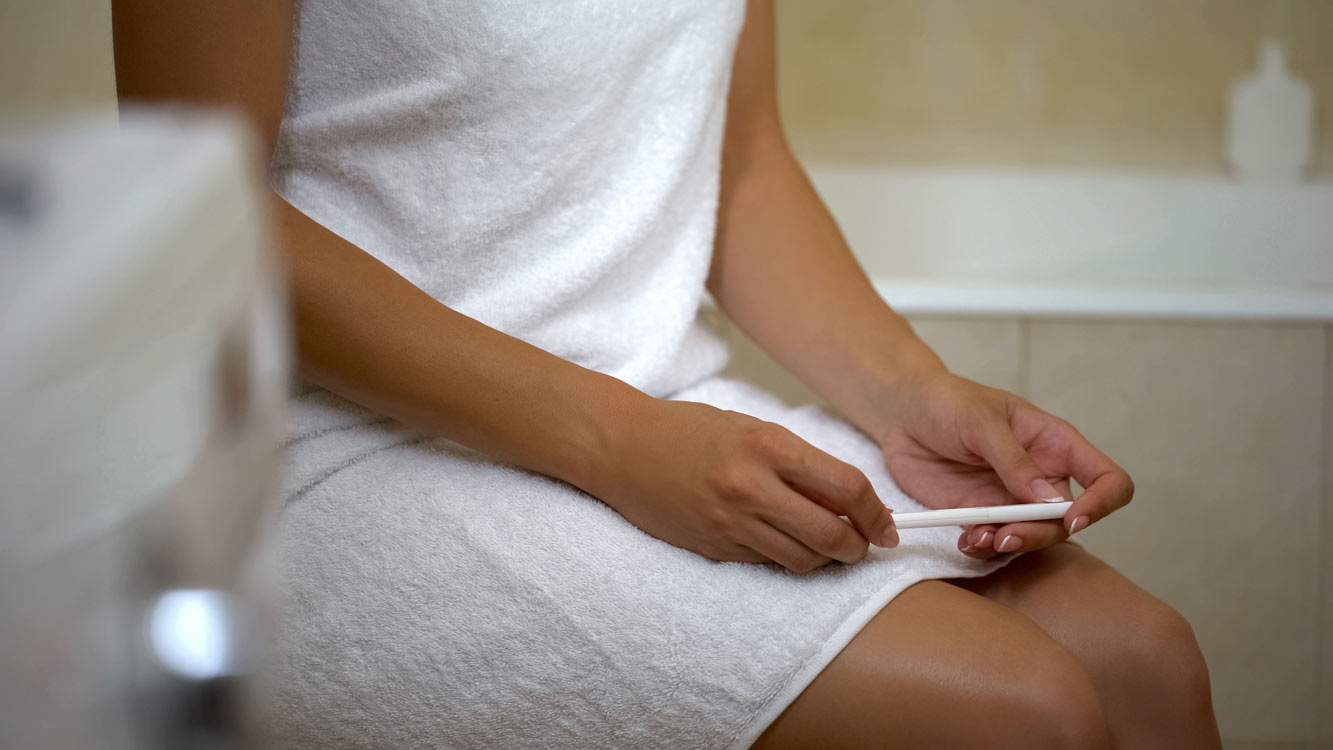Are you considering a donor egg pregnancy? Couples may choose to get pregnant using an egg donor for a number of reasons, but whatever the rationale, there is the reassurance that the egg donor process has achieved pregnancy success for couples since 1983.
In this guide, we cover the ins and outs of egg donor pregnancies, covering any burning questions you may have surrounding this process. If you are considering doing an IVF cycle with donor eggs, please book in an initial consultation by calling us on 020 7224 1880.
What is an egg donor pregnancy?
An egg donor pregnancy is a process in which a female patient becomes pregnant by using another woman’s eggs.
Donor egg pregnancies develop in the same way as a natural pregnancy, however, the route of conception is different and the recipient may experience pregnancy symptoms that differ slightly from natural pregnancy due to the medications involved.
A donor egg can either be fertilised with your partner’s sperm or with sperm from a donor.
Why choose egg donation?
You may opt for a pregnancy with an egg donor for any of the following reasons:
- You have had repeated failed IVF treatment and the cause may or may not have been determined as a reduced ovarian reserve.
- You do not have functional ovarian tissues, perhaps due to previous surgical removal, Turner Syndrome (where the patient has a single X chromosome instead of two), or you have undergone premature menopause.
- You are a woman with a transmissible genetic disease or disorder.
- You have undergone radiotherapy or chemotherapy and as a result this has destroyed your natural egg supply.
How does a pregnancy with egg donation work?
Please note that every egg donor pregnancy is different, and this is just a rough guide to the process from the perspective of a recipient undergoing fresh egg donation. Frozen egg donation is also an option.
You may undergo the first stage of the process, which is known as the down regulation stage. If you are menstruating, medication will be provided which suppresses your menstrual cycle until you and your donor become synchronised. This stage is likely to take around two weeks or a bit longer.
The next stage is the stimulation stage. You will be provided with medication in the form of tablets, and occasionally patches, which will thicken the lining of your uterus and create the best environment for receiving embryos.
The eggs will be collected from the donor, and the sperm will also be collected from your partner unless you use donor sperm. The sperm will be prepared to ensure that the slow moving sperm are removed and the faster moving sperm remain, to ensure the best chance of fertilisation and conception. The egg and sperm will then be introduced in a laboratory by the embryologist. If the process is successful, the eggs will fertilise and become embryos.
Within a five-day period, the embryos will be inserted into your uterus. This process is carried out by a clinician, who will insert a speculum into your vagina, and transfer the embryos via a catheter through your cervix and into your uterus.
If all has gone well and your uterus accepts the embryos, you can find out if you are pregnant within two weeks by undergoing a blood test at the clinic or by using a home pregnancy urine test.
Will a baby conceived by egg donation look like me?
It’s common for women thinking about undergoing a donor egg pregnancy to be concerned about the genes of their child. A baby conceived using an egg donor will have the genetic load of the donor, therefore, they will likely share some similarities in appearance with the donor.
However, heredity is a complex concept. Epigenetics (the study of changes in gene activity caused by changes in gene expression rather than the alteration of the genetic code itself) suggests that a baby conceived through egg donation can still inherit DNA traits from the egg recipient.
Should I be worried about the quality of the egg donation?
Donor criteria is very strict. They must be (among other criteria):
- Aged between 18 and 35.
- Of a healthy weight and have a healthy diet and lifestyle.
- Have both ovaries intact and have a normal menstrual cycle.
- Screened for a range of medical conditions, including STIs and transmissible diseases.
- Free from medical disability and can verify that they do not have any hereditary disorders within their family.
- Not trying to get pregnant themselves during the donation process.
With all this considered, an egg donor should have nothing to worry about regarding the quality of the donated eggs.
Does an egg donor have to be anonymous?
Not always. If you have a friend or family member who is willing to become a donor for you and your partner, this is also an acceptable option. You may choose this option if you want to use a donor whom you know well, who looks like you, or who you want your child to have a relationship with in future.
However, it’s also important to consider the challenges of using a known donor. It is advisable to go through group counselling to ensure that all parties are aware of the implications before the egg donation process begins.
Known egg donors will usually have to go through the same criteria checks as an anonymous donor, and the process of egg donation will likely be the same.
What is the cost of an egg donor pregnancy?
Egg donor cost varies from clinic to clinic and is calculated on a case by case basis due to the individual needs of each patient. To find out about our rates, book a consultation at our clinic by calling us on 020 7224 1880.
Find out more about our egg donation programme here. If you have any other questions, please do not hesitate to call our administration team on 020 7224 1880 or email us on info@fertility-academy.co.uk







